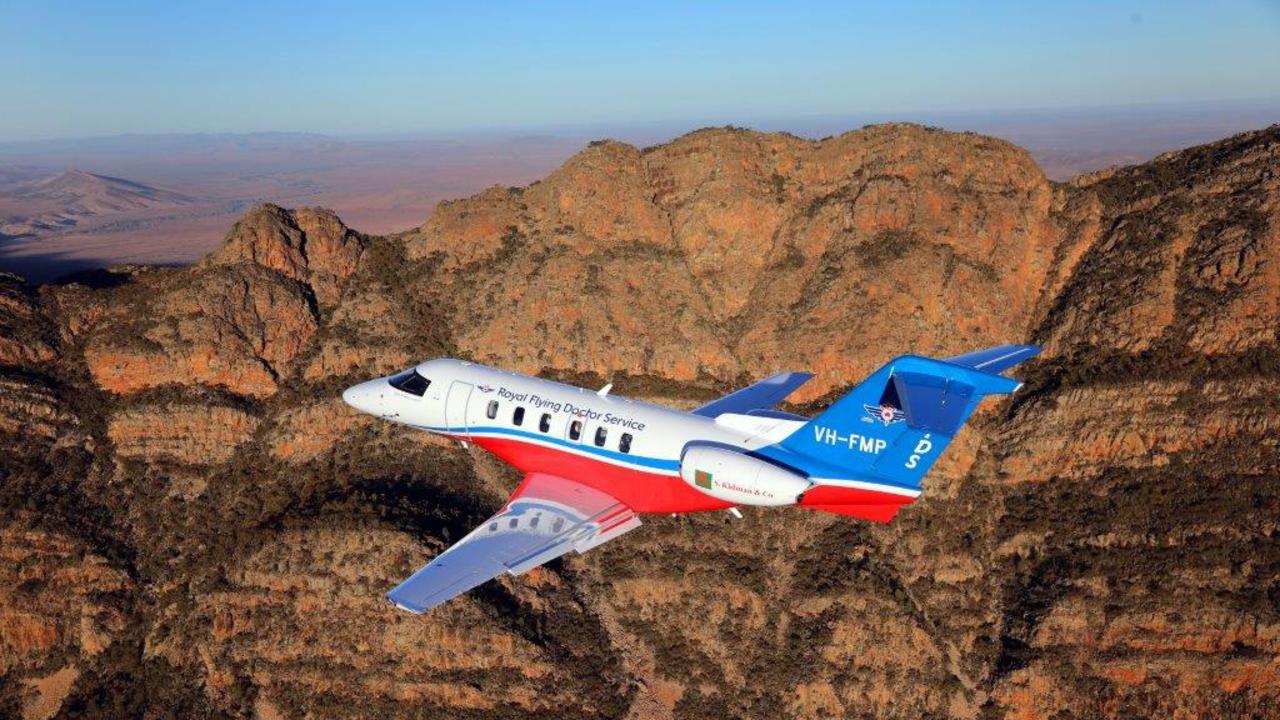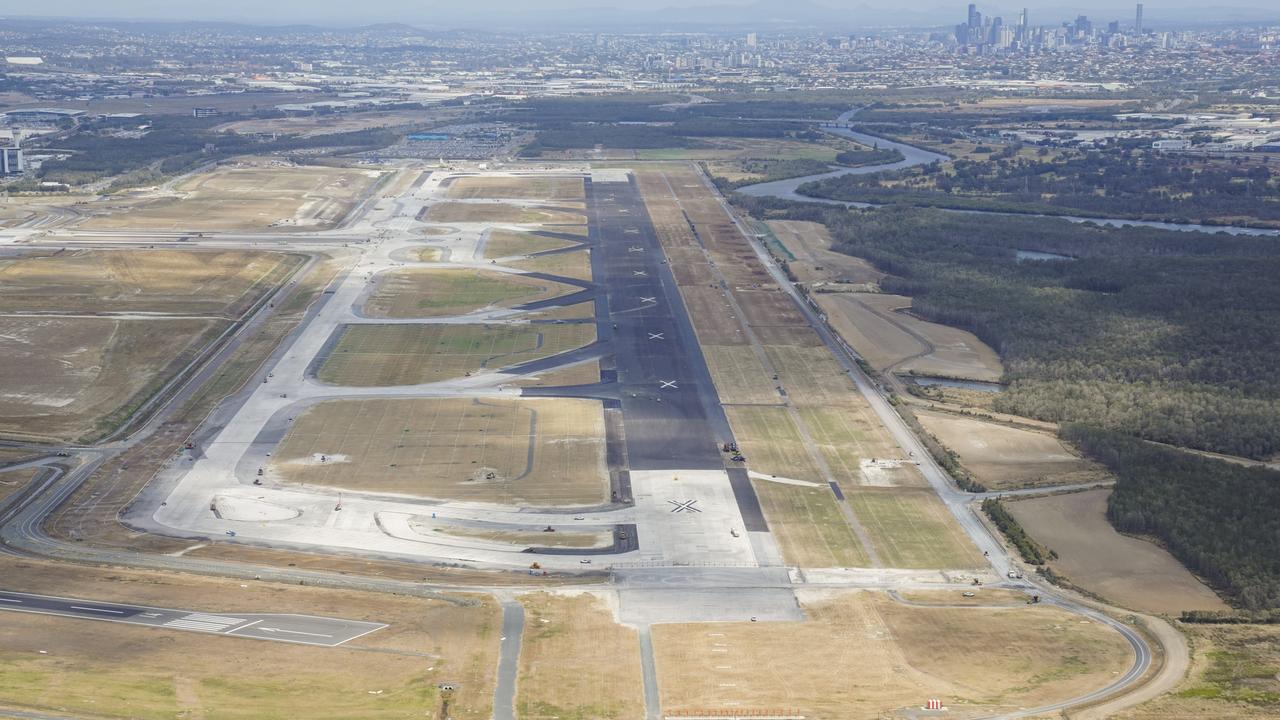Aerospace industry to be worth $2.7b, 6000 jobs to Queensland
While the focus is on aviation with Brisbane Airport’s new runway, another industry could create as many as 6000 Queensland jobs and add $2.7 billion to the state economy within 20 years.
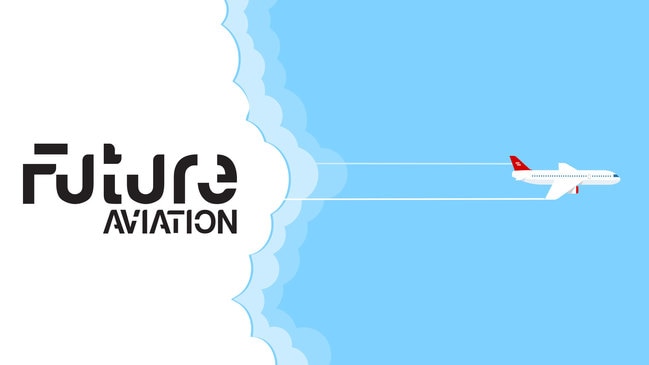
Future QLD
Don't miss out on the headlines from Future QLD. Followed categories will be added to My News.
SPACE transport, manufacturing and data industries could create as many as 6000 Queensland jobs and add $2.7 billion to the state economy inside 20 years, a report prepared for the State Government reveals.
More than 2000 Queenslanders are currently working in aerospace but that has the potential to triple by 2036 with the right backing, according to the Deloitte Access Economics “Building Queensland’s Space Economy” report.
Future Aviation: Airport boss reveals vision for Brisbane
Virgin’s new daily Tokyo to Brisbane service set to deliver $250m windfall, 100,000 tourists
Future Aviation: The downside to cheaper airport parking
Heading up the state’s new aerospace industry group, retired air vice marshal Neil Hart said Queensland was ideally placed to build a lucrative space industry.
He said existing aviation companies – including Boeing and smaller operators – were capable of making the step up to meeting space supply standards.
Geographically, Queensland was in the right spot to tap into equatorial satellites and could set up as the No.1 spot in the Southern Hemisphere for “command and control” and handling the vast amount of data that needs to be downloaded from them.
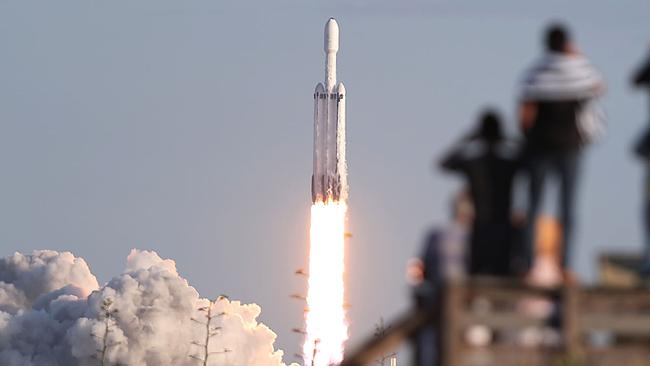
Future Aviation, a two-week series in The Courier-Mail and The Sunday Mail in partnership with Brisbane Airport, Tourism and Events Queensland, Brisbane Marketing and PwC, will highlight the opportunities of the new runway which opens in the middle of next year offers and along with association aerospace, tourism and transport sectors.
“In Queensland there’s already a great supply chain industry in terms of handling materials, handling fuel and all of the things that go into aviation, as well as particularly around some of the defence projects,” Mr Hart, a former fighter pilot said.
“There are a bunch of companies that are very capable of doing detailed electronics and high tech systems work to aeronautic or aviation standards.
“That’s a great basis to do further work in aviation systems, as well as then looking at what it takes to take us from aviation standards to space standards.
“One of the challenges that all of Australia has is that we have trouble competing on an hourly rate.
“But we lead the world in terms of smart people that can meet standards and do a great job. “
While big name firms like Boeing have already set up in Queensland, some of the most exciting research and development is happening inside a 500mm wide tube in Toowoomba.
Backed by NASA and the European space agency, Professor David Buttsworth and his team are working on models for future space and hypersonic craft that would cut travel times across the globe and hoist payloads into space far cheaper than is currently possible.
The University of Southern Queensland hypersonic wind tunnel is helping them find ways of dealing with the heat generated from flying at speeds from Mach 5 - which would cut travel times to a fifth of current passenger jet flights - to Mach 15, which is needed to launch into orbit.
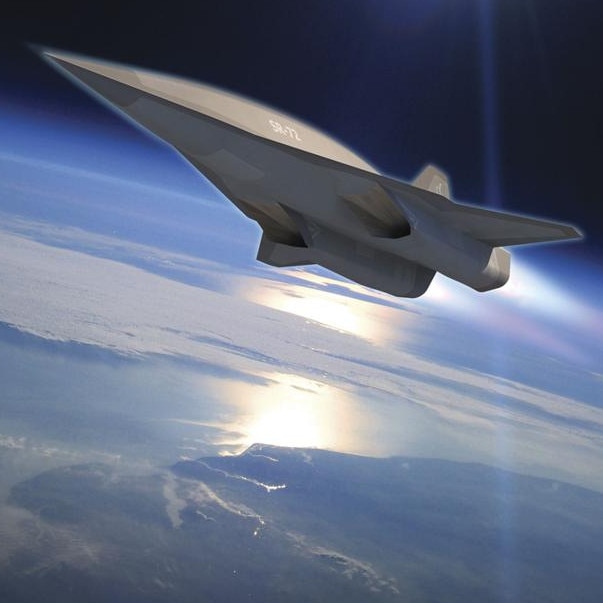
The State Government yesterday launched a $1.5 million fund to help small and medium businesses to compete for international aerospace work.
Minister for State Development Cameron Dick said the first round of the new Defence and Aerospace Industry Development Fund, which opens Friday, would provide grants to help Queensland businesses get the certification they need to compete on the world stage.
Mr Dick said Queensland is on the cusp of a defence jobs boost on the back of the historic LAND 400 Phase 2 project that was secured by Rheinmetall Defence Australia.
Flyer Elsie Anderson said anything that cut flight times was exciting.
She said she was headed to LA, about halfway between her Gold Coast home and her boyfriend’s New Jersey hometown.
Faster, direct flight would make it easier for families to catch up, she said.

